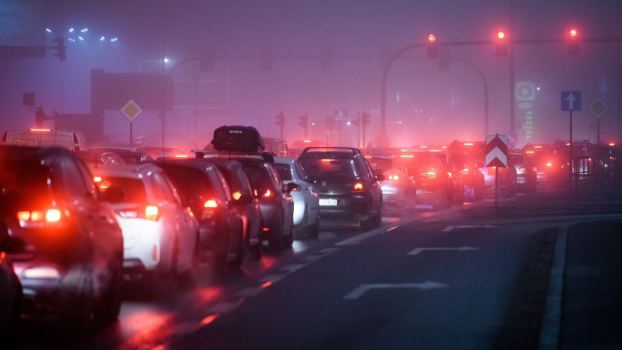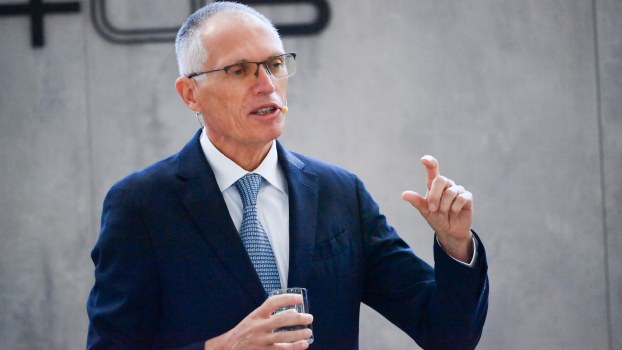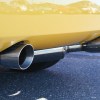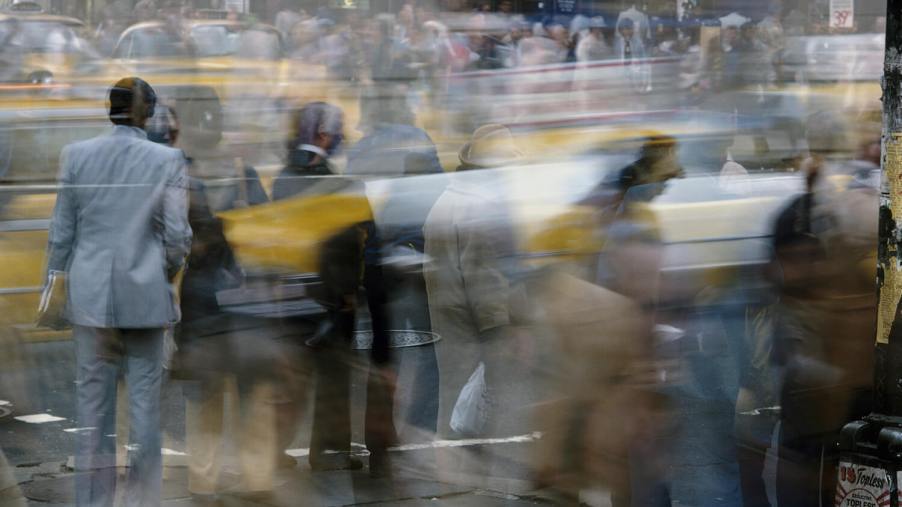
Urban Legend: International Treaty Does Not Actually Ban Personal Cars in 14 U.S. Cities
I was minding my own business, surfing the internet, when a headline nearly made me swallow my tongue: “14 U.S. cities are planning to ban meat, dairy products and private cars by 2030, according to a World Economic Forum treaty.” That would be awful! Those are three of my four favorite things! Say goodbye to grabbing a double-double at the drive-through! But then I did some quick research and was relieved to find this headline is just plain wrong. Here’s the scoop.
Are U.S. cities banning meat, dairy products, and private cars?
No. There is no evidence that meat, dairy products, and private cars will be banned in any U.S. city. Certainly, not in 14 major ones, as certain internet rumors have claimed. But there are 14 U.S. cities that are members of an international group looking at ways to cut emissions.
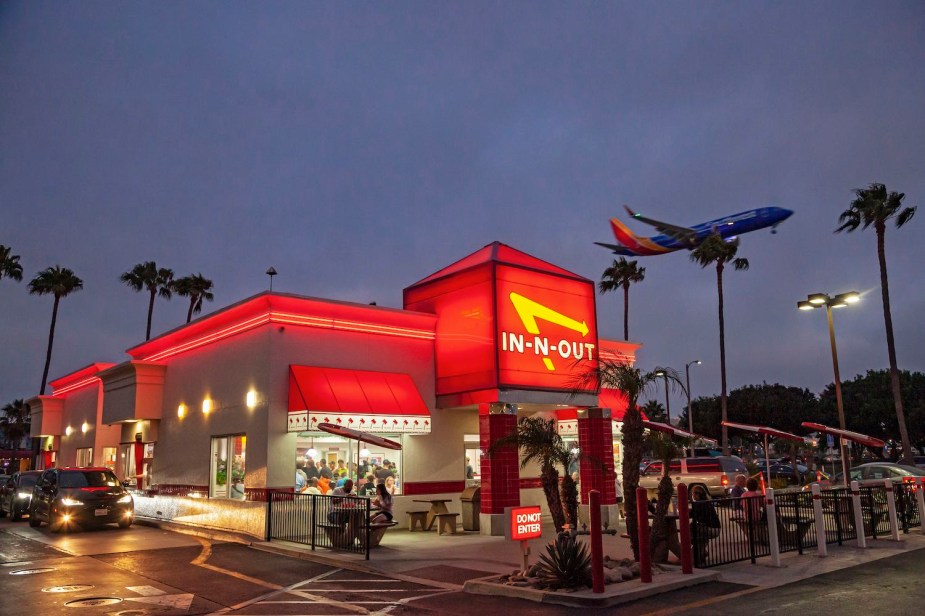
But first, what is this rumor? There was a news story circulating on several websites, primarily The Federalist, The People’s Voice, and Red State–among other outlets. It states that 14 U.S. Cities have already signed a World Economic Forum treaty that includes a ban on meat, dairy products, and personal cars (even EVs)–effective in 2030.
So what’s the truth? The above articles cite a real study, “The Future of Urban Consumption in a 1.5-degree Celsius World.” This study, which is not a binding treaty, was commissioned by an international network of mayors who are brainstorming ways to cut emissions called C40. (Note that, C40 and the WEF are not connected).
U.S.-based members of C40 include the mayors of Boston, New York City, Philadelphia, Washington D.C., Chicago, Miami, New Orleans, Houston, Austin, Phoenix, Los Angeles, San Francisco, Portland, and Seattle.
The ‘Future of Urban Consumption’ study explores effects of public transportation and a meatless diet
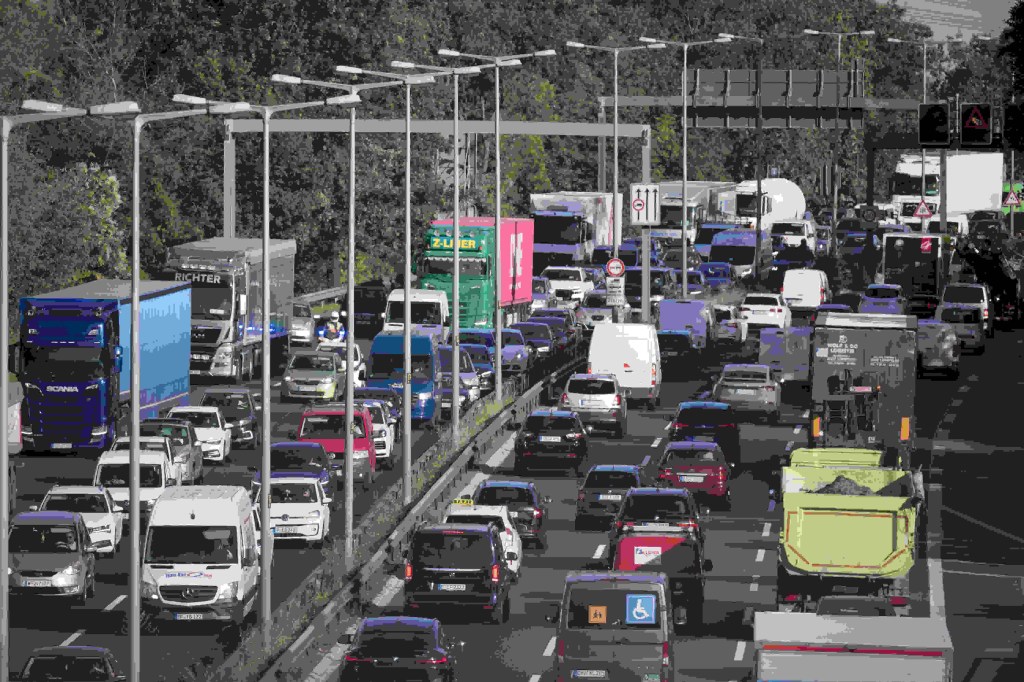
Every good lie contains a grain of truth. And this claim that 14 U.S. cities are banning private cars and meat is just such a lie. C40 commissioned a study analyzing “consumption-based emissions” in its member cities.
It’s a long report that explores lots of ways to cut emissions. On page 78, it mentions that “lowering meat and dairy intake..would contribute to 60% of the emissions reductions,” which individuals could accomplish with their lifestyle choices. Elsewhere, it discusses transportation choices and how those contribute to the other 40% of our personal emissions.
But is this a treaty these 14 cities signed? Absolutely not. C40 is quick to call the report “an analysis, not a plan.” It specifies:
This report does not advocate for the wholesale adoption of these more ambitious targets in C40 cities; rather, they are included to provide a set of reference points that cities, and other actors, can reflect on when considering different emission-reduction alternatives and long-term urban visions…No one city or nation will follow the exact same emissions reduction pathway.
C40 Network
Are cities passing combustion bans?
Some cities have passed future combustion bans, but most focus on specific areas–such as the city center. Others target gradual change by first banning diesel engines, internal combustion delivery vehicles, or internal combustion buses.

Most cities with some form of internal combustion ban are in Europe. In the United States, California is leading the “fossil fuel phase-out” charge. But it is not alone. Colorado, Connecticut, Delaware, Maine, Maryland, Massachusetts, New Jersey, New Mexico (for 2011 model year and later), New York, Nevada, Oregon, Pennsylvania, Rhode Island, Virginia, Vermont, and Washington state (for 2009 model year and later), as well as Washington D.C. all follow California’s laws.
As U.S. cities go, both Los Angeles and Seattle have said they are converting to electric buses by 2025 and banning gasoline and diesel vehicles by 2030. New York City has pledged that all vehicles owned and operated by the city will be electric by 2040.
Next, read a potential alternative to the combustion ban, or learn more about the rise car-free cities around the world in the video below:
